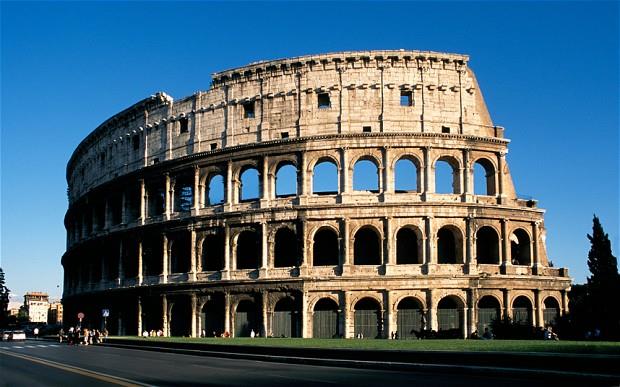Tourism Minister Edward Zammit Lewis participated in a high-level conference on the ‘International Year of Sustainable Tourism for Development - Smart Tourism Destinations Contribution for the Planet and its People’ in Seville, Spain.
The conference was hosted by the President of Andalucía Susana Díaz and organised by the Network of European Regions for Sustainable and Competitive Tourism (NECSTouR).
Dr Zammit Lewis, together with the Regional Government of Andalucía, was present for the signing of an agreement for further partnership, and to work together in the achievement of shared objectives in order to increase sustainable tourism between UNWTO and NECSTouR.
Tourism is an important component of the EU economic and social equation, as well as a formidable generator of jobs and the main driver for development to different European regions, Dr Zammit Lewsi said.
“This industry is not only the third largest socio-economic activity in the European Union - it also contributes to the development of European regions and assists to the preservation and enhancement of cultural and natural heritage,” he explained.

“We must all invest in the European Year of Cultural Heritage because it recognises the UN’s Agenda 2030 for Sustainable Development and acknowledges global citizenship, cultural diversity and intercultural dialogue for sustainable development. Cultural heritage is what makes Europe a top tourist destination globally.”
Dr Zammit Lewis said that the Commission submitted its European Year of Cultural Heritage 2018 proposal to the Council in order to raise awareness on opportunities that the cultural heritage brings about in terms of sustainability, dialogue, social cohesion and economic growth. Tourism is essential for bringing most loose ends together.
“To this end, we need to focus on the most important sustainable goals which are: the promotion of inclusive economic growth by contributing to sustainable tourism for the creation of further jobs through local culture; establishing tools to monitor the impact of development on sustainable tourism in order to cut down on the carbon footprint adversely affecting environment and effective conservation of the oceans, seas and marine resources; developing a suitable management framework for fisheries, aquaculture and related tourism sectors,” Dr Zammit Lewis said.

He added that, “The top priority for any tourism destination aspiring to be ‘smart’ is the investment in opportunities offered by digitisation. This dynamic change is creating both opportunities and challenges to the economic and social sustainability. “We must all work along the lines that the Commission has provided through the Digital Single Market Strategy.
Connecting Europe through innovation and digitisation depends primarily on a strategy providing means for the free movement of goods, information, services and capital. From a tourism point of view, the implementation of the Digital Single Market enables the digital transformation of tourism, the minister explained, adding that, “We must aim at creating an environment where digital networks and services can prosper. Digital platforms are actually an important opportunity for sustainability - not a threat.”
Another fundamental priority of sustainable tourism is improving Regional Air Connectivity within the context of implementing the European Aviation Strategy. The results consist of a long-term establishment of an improved, reliable, secure and profitable connectivity to peripheral markets for trade and tourism. This can be accomplished by tapping into growth markets, improving our services and increase accessibility.
Dr Zammit Lewis elaborated, “The process of making Europe’s aviation sector competitive highly depends upon the safety and security standards. The European regulatory framework must be appropriately equipped, both for identifying and mitigating any risks.”
The minister proposed three aims: establishing cultural heritage policies following the UNWTO’s Sustainable Development Goals guidelines, whilst promoting innovative models for the management of cultural heritage; the cooperation and investment in the digital single market strategy by setting